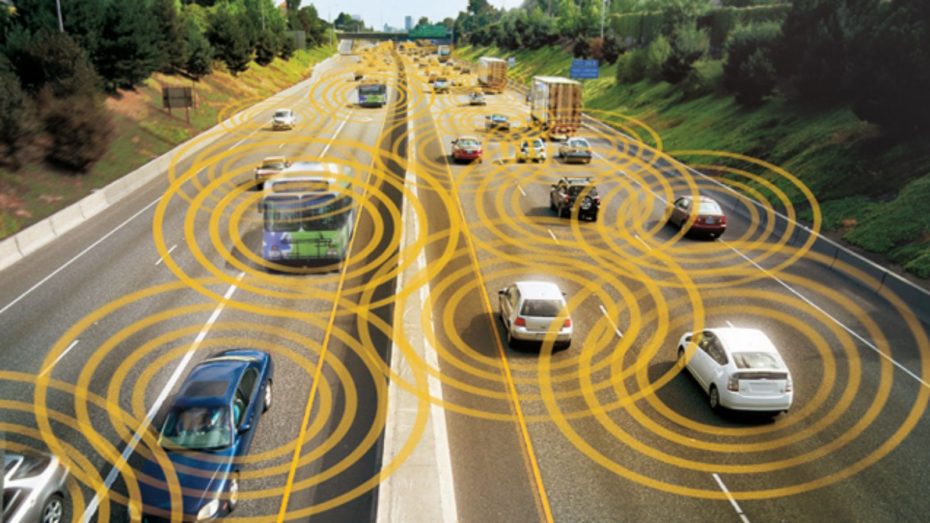
The Internet of Things has created a new market in the automotive industry, which is showing no signs of slowing down. Connected cars and their associated services are expected to grow from $13.6 to over $42 billion by 2022.
A glimpse of our collective future can be seen in Cadillac’s Book by Cadillac entrance — an on-demand, luxury lifestyle-driven vehicles by subscription. The $1,500-a-month car subscription service allows members to swap out different models of high-end sedans and SUVs, beginning in New York in February. It’s the same business model as ClassPass or Netflix, but for the GM-owned Cadillac brand, competing with the likes of Audi’s luxury mobility offering, Audi on Demand.
The open road is calling
Audi and Cadillac have taken the functionality of Zipcar and turned it into a “white glove” service that leverages pre-existing brand affinity that is typical of many luxury buyers. Ford is also on board with FordPass — the first automaker-produced app that can provide services to drivers who don’t own a vehicle from that brand. The app also helps find parking, lock and unlock the car — all great services — but the magic is that it helps build brand affinity even when the customer is away from their car.
Automakers and other industry players are also forming partnerships to offer innovative connected car services. Ford is testing out a peer-to-peer car sharing service named Smart Mobility that allows Ford Motor Credit customers to rent their cars to other drivers. Toyota has partnered with Uber for leasing to drivers, and GM has partnered with Lyft to offer its drivers short-term rentals. GM also acquired a car-sharing app in Europe to help people share their cars, even if it’s not a GM vehicle.
Transportation-as-a-Service (at your service!)
At a high level, this category seeks to address a set of market demands that all say, in one form or another,…

